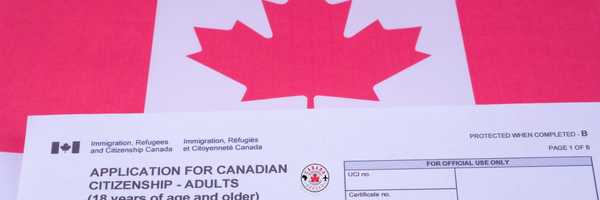CRS Score Explained: What to expect in 2025


The Comprehensive Ranking System (CRS) is the most important element of Express Entry that prospective immigrants need to understand in order to successfully immigrate to Canada.
What is the CRS Score?
The CRS is a points-based system used by Immigration, Refugees, and Citizenship Canada (IRCC) to evaluate and rank candidates within the Express Entry pool. It assesses candidates based on their age, education, language proficiency, work experience, Canadian sibling, and other adaptability factors. The cumulative CRS score is used by IRCC to issue Invitations to Apply (ITA) for permanent residency.
Key Criteria of the CRS Score
Core/Human Capital Factors:
Age
Candidates aged 18 – 30 receive the highest score, and candidates aged 45 and older receive 0 points
Completed Education (foreign or Canadian)
If you completed your education outside of Canada, you will require an Educational Credential Assessment to be assigned CRS points
Language Proficiency in French and/or English
- You will be required to write an approved language test before submitting your Express Entry profile
Canadian Work Experience
Spouse or Common-Law Partner Factors:
Completed Education (foreign or Canadian)
Language Proficiency in French or English
Canadian Work Experience
Skill Transferability Factors:
A combination of language proficiency and completed education (foreign or Canadian)
A combination of language proficiency and foreign work experience
A combination of completed education (foreign or Canadian) and Canadian work experience
A combination of foreign work experience and Canadian work experience
- A combination of Certificate of qualification (for people in trade occupations) and language proficiency
Additional Points:
Brother or sister living in Canada (citizen or permanent resident)
French language skills
- You will be required to write an approved language test to earn points
Post-secondary education in Canada
- Provincial or territorial nomination
Recent Changes to the CRS
As of March 25, 2025, IRCC has removed points previously awarded for arranged employment (job offers) from the CRS score calculation. This change affects all current and future candidates in the Express Entry pool. Based on previous Express Entry annual reports, at least 30,000 Express Entry profiles will have their CRS score reduced by 50 or 200 points due to this change.
Importance of the CRS Score
A candidate’s CRS score is their ranking in the Express Entry system. IRCC conducts regular draws, inviting candidates who meet the criteria of the draw and have the highest CRS score to apply for permanent residency. Express Entry profiles that have a higher CRS score have a higher probability of receiving an ITA.
Strategies to Improve Your CRS Score
Increase your language proficiency: Achieving a CLB/NCLC level 9 or higher on an approved language test can substantially boost your CRS points. Being proficient French (NCLC 7 or higher) can also increase your score by 25 points or more.
Further your education: Depending on your existing level of education, obtaining a second qualification may increase your CRS score.
Increase your work experience: Accumulating more full-time (or equivalent in part-time) paid, skilled work experience, especially in Canada, could increase your CRS score.
Obtain a Provincial Nomination: Receiving a provincial nomination through an Express Entry-aligned program can add 600 points to your CRS score.
Understanding and optimizing your CRS score is vital for a candidate’s success in Canada’s Express Entry system. By staying informed of IRCC policy changes, candidates can improve their chances of achieving permanent residency in Canada. Candidates can also speak to a Regulated Canadian Immigration Consultant (RCIC) to discuss their Canadian immigration options.


